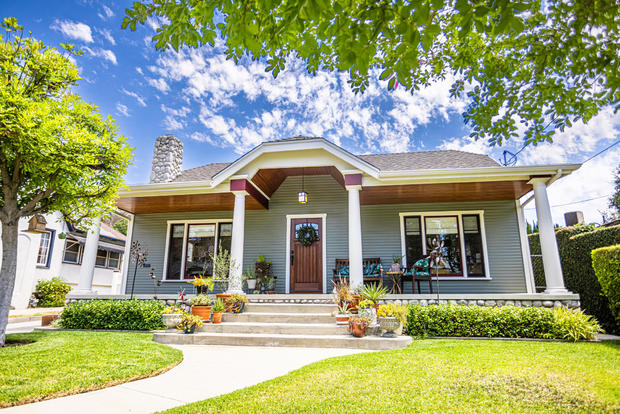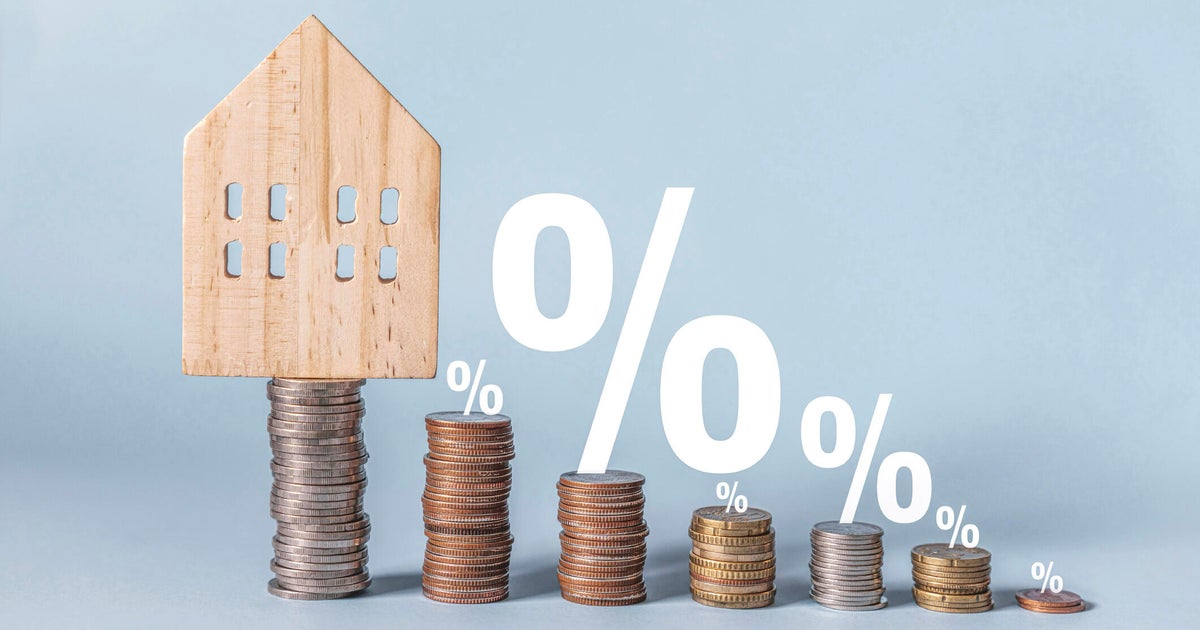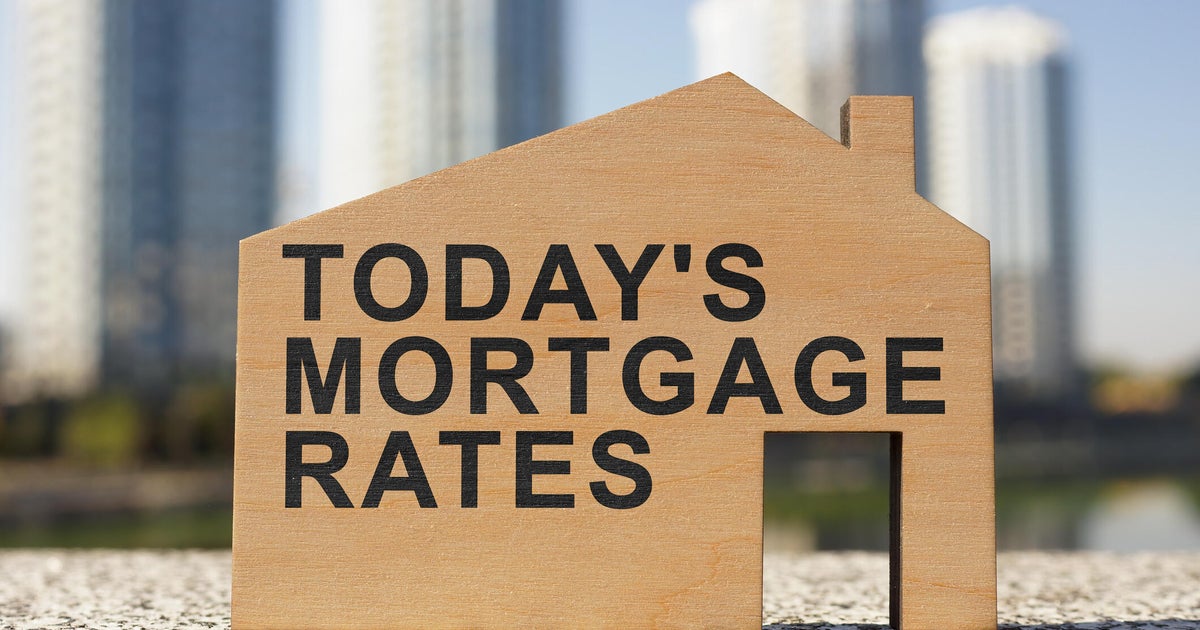Should you refinance to a 15-year mortgage?
Mortgage refinancing involves replacing your existing home loan with a new and improved one. It's often a good idea if you can lower your monthly payment amount, lower your overall costs, or switch to a preferred interest rate type.
However, the benefits vary depending on the situation. If you're thinking of refinancing to a 15-year mortgage, you'll often pay more per month but can pay off your home faster and save on the overall interest costs. So, is it a good idea? You can easily explore your options here now or simply plug in a few numbers in the table below to see if it's worth it.
Should you refinance to a 15-year mortgage?
Here's a closer look at the pros of refinancing to a 15-year mortgage.
Pros
- Lower interest rates than 30-year mortgages
- Lower overall costs
- Pay off your home sooner
- Switch to a fixed rate
- Gain earlier access to home equity loans and HELOCs
- May enable you to drop PMI sooner
All things equal, 15-year mortgages often come with lower interest rates than their 30-year counterparts. The shorter loan term presents less risk for lenders which means they don't need to charge you as much. While the monthly payments are more expensive, the overall cost drops because you're paying less interest over a shorter period.
For example, here are the cost differences between a 15- and 30-year $300,000 mortgage, according to the US Bank mortgage payment calculator.
Loan amount | Down payment | Loan term | Interest rate | Monthly payment | Total paid | Total cost | |
15-year | $300,000 | $30,000 | 15 years | 5.88% | $2,787 | $406,800 | $106,800 |
30-year | $300,000 | $30,000 | 30 years | 6.50% | $2,320 | $614,520 | $314,520 |
Difference | $467 | $207,720 |
The 15-year term could save a new borrower over $207,000 (about 66%) while only increasing the monthly payment amount by $467 (about 20%).
Similarly, if you refinance to a 15-year mortgage and can lower your interest rate and/or reduce your term, it could help you save on the overall cost of your home. This move is particularly advantageous when interest rates are lower than they were when you got your mortgage.
Further, if your current loan has an adjustable rate, refinancing can allow you to switch to a fixed rate. Fixed interest rates stay the same for the remainder of your loan term, making for more predictable payments.
Making larger monthly payments also helps you build equity faster. As a result, you can gain earlier access to home equity loans and may be able to drop private mortgage insurance sooner.
It's easy to determine if a mortgage refinance loan makes sense for you. You can explore your local options here now or insert your zip code into the table below to see what's available near you.
How to refinance to a 15-year mortgage
To refinance a 15-year mortgage, you'll need to find a new loan to replace your current one. Before doing so, take inventory of your current loan by looking up your outstanding balance and interest rate.
From there, shop around to check the current interest rates on the market. Get quotes from a few lenders to see where your mortgage refi rates land. If any lender can offer you meaningful savings, investigate further into its offering (e.g. closing costs, customer service reviews, loan processing times, etc.). Use the table below to start shopping around.
If you find an offer you can't refuse, notify the lender about moving ahead. From there, the process will be similar to your first mortgage:
- Your lender will review and verify your finances, credit, and assets
- Your home will be appraised
- The lender will write up all the paperwork
- You'll review and sign everything
- You'll pay the closing costs
Once the loan is finalized, the lender will pay off your existing loan and you'll begin making repayments on your new loan.
The drawbacks of refinancing to a 15-year mortgage
Refinancing to a 15-year mortgage isn't a perfect solution, however. Here are some cons to know.
Cons
- Larger monthly payment
- Closing costs
- May earn more than you save by investing elsewhere
- Savings depend on the economy and available interest rates
If you refinance to a 15-year mortgage and have more than 15 years left on your existing loan, it can end up leaving you with a higher monthly payment despite getting a lower interest rate. While paying more monthly can save you on interest and help you pay off your loan sooner, consider if the higher payment will strain your budget. Will you be able to comfortably afford the higher payments for the duration of the loan?
Another drawback of a mortgage refinance are the costs due at closing. On average, you can expect to pay 2% to 6% of your loan balance in fees. On a $200,000 loan balance, you're looking at anywhere from $4,000 to $12,000.
"Refinancing to a 15-year mortgage has the potential to save you money over time, but if the initial expenses and increased monthly payments create financial strain in the near future, pursuing this option may not be practical or feasible at the moment," says Brian Colvert, CFP and CEO of Bonfire Financial.
You may also have trouble finding better refinance rates if rates have gone up since getting your mortgage. Mortgage refis are typically much less popular during and shortly after rate hikes.
Lastly, consider if the money you're investing into higher monthly mortgage payments could be better invested elsewhere. For example, could it earn you more in the stock market or in a retirement fund? You want to make the best move for your overall financial plan.
Should you refinance to a 15-year mortgage now?
"Refinancing your mortgage to a 15-year mortgage isn't necessarily the best choice, especially in today's market, where interest rates are relatively high," says Cecil Staton, CFP CSLP and president of Arch Financial Planning.
He adds, "A 30-year mortgage is usually more advantageous since it gives homeowners a much lower required monthly payment, leaving them with room in their budget to make extra payments on their mortgage or invest for retirement if they want."
However, every situation is different and a mortgage refi could still be beneficial in certain circumstances. You can explore the option by checking to see what offers are available now. Simply plug in your zip code here to start exploring your local options or compare lenders and rates by using the table below.




